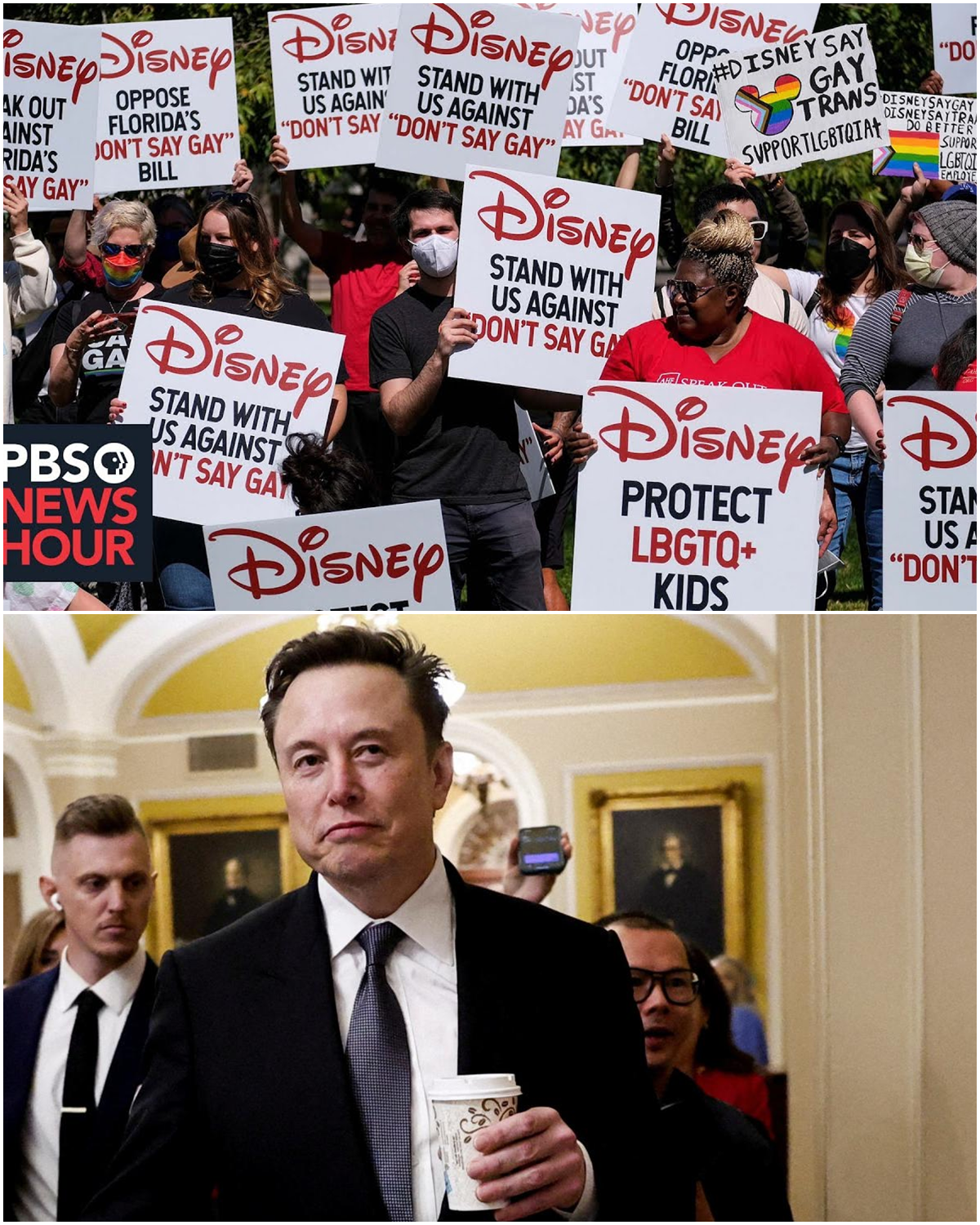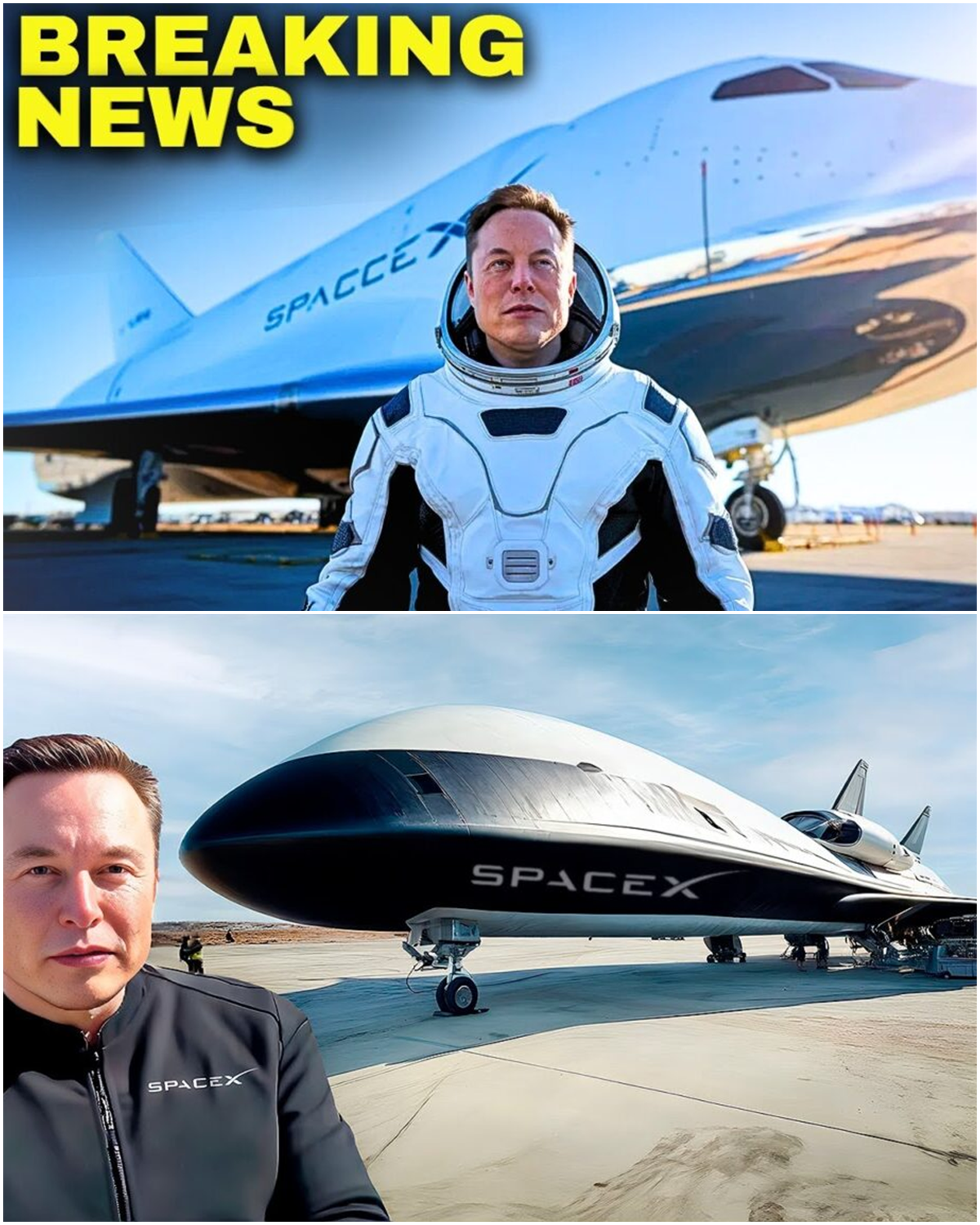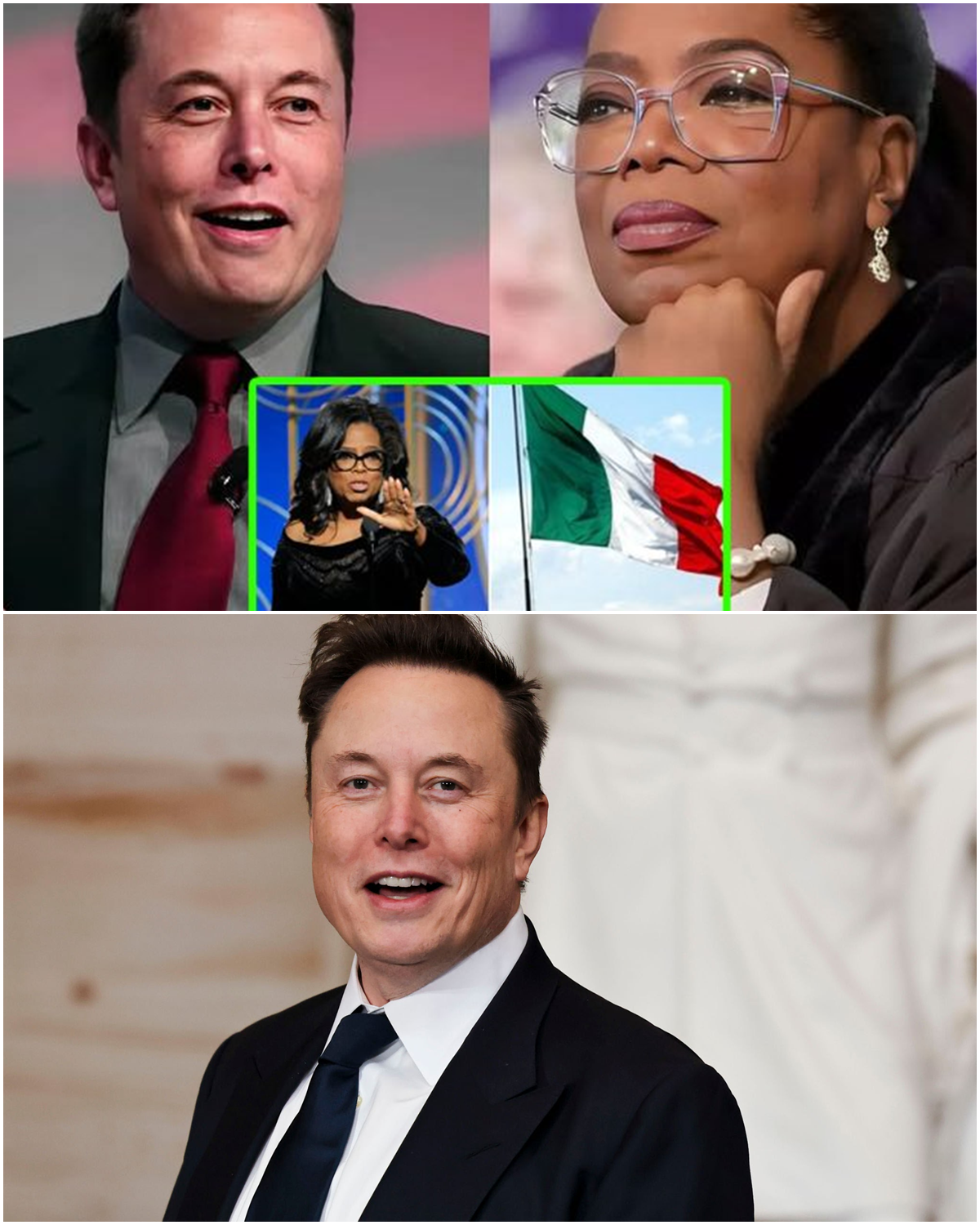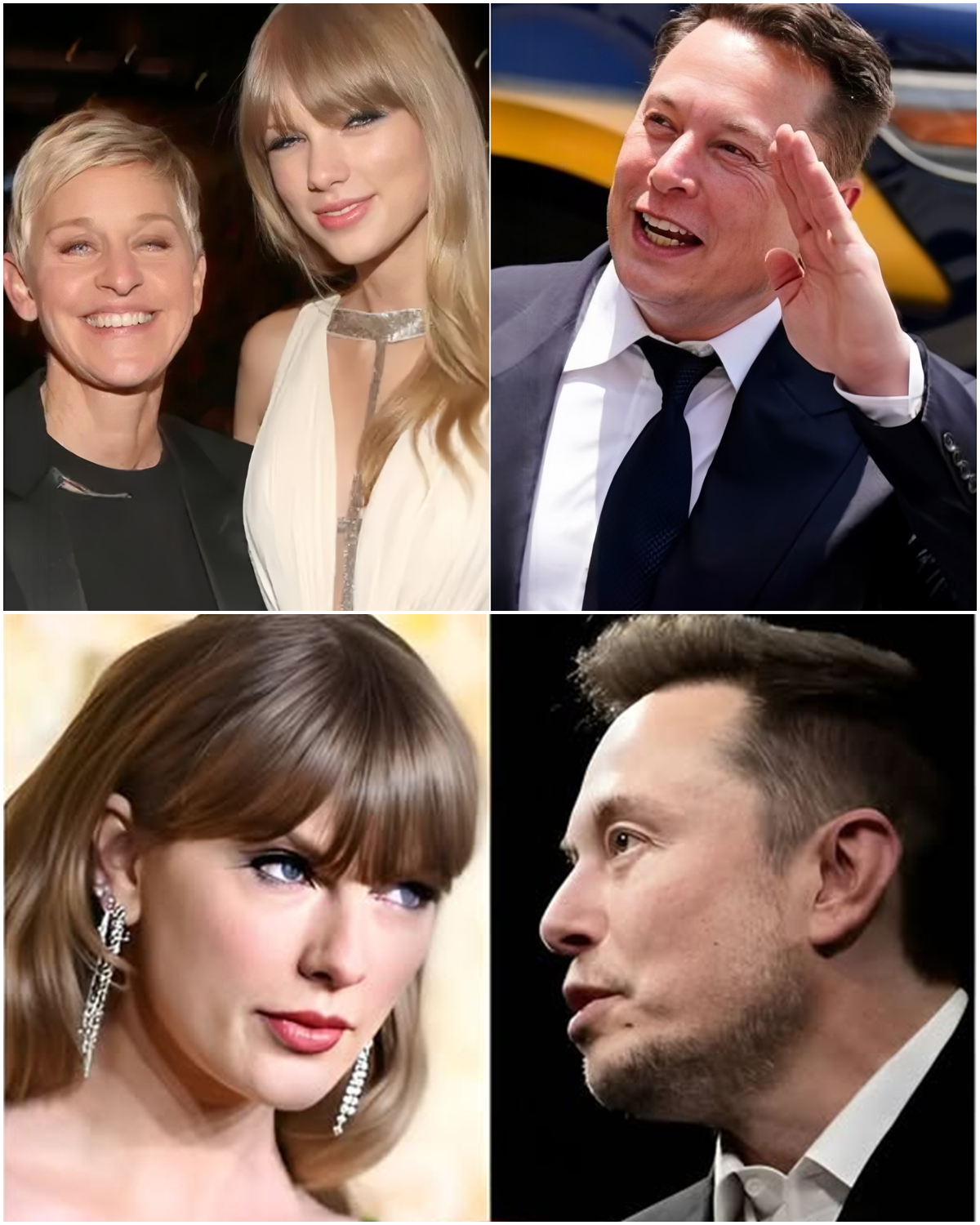

In a nation where millions of Americans are grappling with job losses, slashed healthcare programs, and spiraling economic uncertainty, one man appears blissfully immune to the pain. That man is Elon Musk. While workers are being shown the door and families are stripped of vital health coverage, Musk has been busy doing something else entirely: playing video games all day in the White House and watching billions in taxpayer money pour into his pocket.
It might sound like an Onion headline, but unfortunately, it’s not satire. At a time when federal programs like Medicaid—the backbone of healthcare access for over 70 million low-income Americans—are on the chopping block, Musk has become the poster boy for hypocrisy.
This is a man who has called Medicaid a “fraud,” gleefully brandishing a chainsaw at CPAC while vowing to gut it. And the Republican Party, under the spell of Musk’s performative bravado and warped economic theology, is now following through with budget proposals that would decimate this life-saving safety net.
Musk’s war on public support systems fits seamlessly into the broader GOP crusade to dismantle what little remains of the American welfare state. House Speaker Mike Johnson echoed Musk’s disdain during a recent press briefing, declaring that it was time to “return the dignity of work” and stop allowing people to “play video games all day” on the public dime.
Johnson’s comments were clearly targeted at low-income men on Medicaid—but the irony is breathtaking.
The only person in Washington known for actually playing video games all day is Musk himself.
According to multiple sources familiar with Musk’s conduct within his high-tech, tax-funded White House office, the Tesla and SpaceX CEO has turned his government perch into a personal gaming den. A massive screen dominates the room.
Gaming consoles line the shelves. Staffers privately whisper that Musk disappears for hours at a time, supposedly “working,” only to reappear with bloodshot eyes and brags of having just completed another 12-hour Diablo marathon. In January, Musk even admitted in a livestream that he once played 14 hours straight. And yet, he’s hardly a prodigy—on the contrary, he’s famously bad at video games.
This raises a rather curious point. How can someone who plays that much still be so awful at it? Well, Musk has an answer: He pays people to level up for him.
That’s right. Just as he outsources engineering decisions, fires whole departments via email, and skirts accountability through his ever-growing army of lawyers, he apparently also outsources his gaming progress.

According to allegations made by his estranged daughter, Vivian Jenna Wilson, Musk even forced her and her twin brother to grind through games for him during their visits. She now refers to him as “dogshit” at gaming—an assessment that feels eerily analogous to his leadership performance.
But Musk’s gaming habits are more than just a quirky billionaire hobby. They represent a deeper and more disturbing reality about America’s elite. While regular Americans are being blamed for “laziness” and stripped of their basic rights, Musk is rewarded for indulgence and failure.
As Speaker Johnson laments the supposed “waste, fraud, and abuse” in Medicaid, no one seems interested in scrutinizing the real waste: $38 billion in government contracts flowing into the hands of a man who builds crash-prone self-driving cars and rockets with no clear mission.
SpaceX and Tesla, once heralded as the vanguard of American innovation, now largely function as publicly subsidized vanity projects. Despite promises of colonizing Mars and revolutionizing transportation, SpaceX launches have stalled into a cycle of explosions and PR spins.
Tesla’s “Full Self Driving” software remains a legal and ethical minefield, with numerous fatal crashes linked to its deployment. Musk’s own track record of missed deadlines, broken promises, and erratic behavior has become an embarrassment on the global stage. Yet the cash keeps flowing.
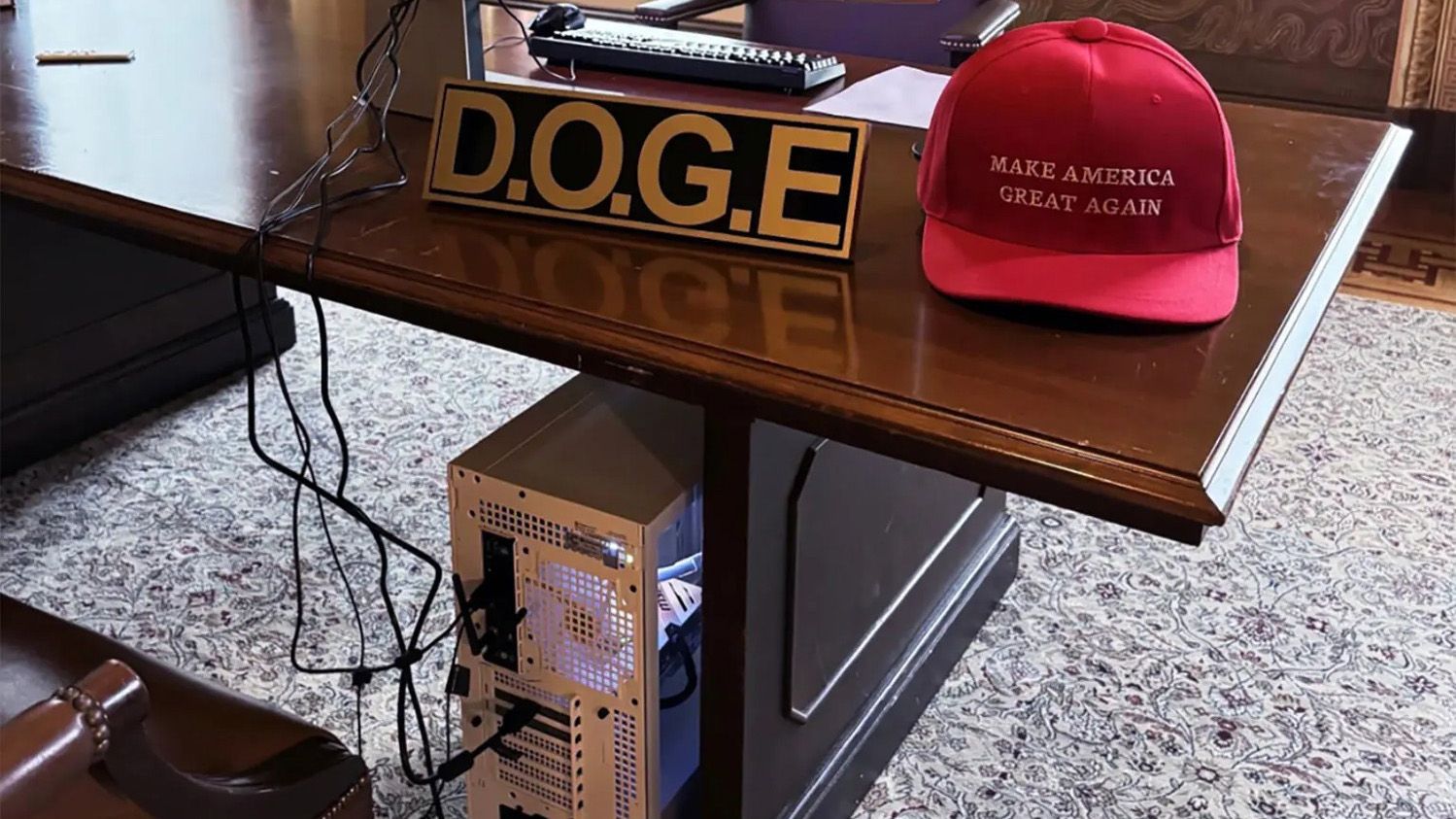
The disparity between the rhetoric used to attack everyday Americans and the reality of elite privilege has never been more stark. Consider this: In the same week Musk lounged in his taxpayer-funded game cave, Republicans proposed slashing billions from Medicaid, adding complex “work requirements” that effectively lock out thousands of vulnerable people. The supposed logic?
To stop people from abusing the system. But as any healthcare policy expert will tell you, the real abuse doesn’t come from patients—it comes from providers and private corporations exploiting loopholes for profit.
Still, truth rarely matters when political performance is involved. Musk, with his cult-like fan base and flair for spectacle, has become a useful symbol for a certain vision of America: a country where billionaires do whatever they want, while everyone else is told to tighten their belts.
Where working people are lectured about “dignity” by men who’ve never had a real job outside of inherited wealth and venture capital. Where playing video games all day is demonized—unless you’re the guy in the White House doing it with your feet up on a nuclear briefing binder.
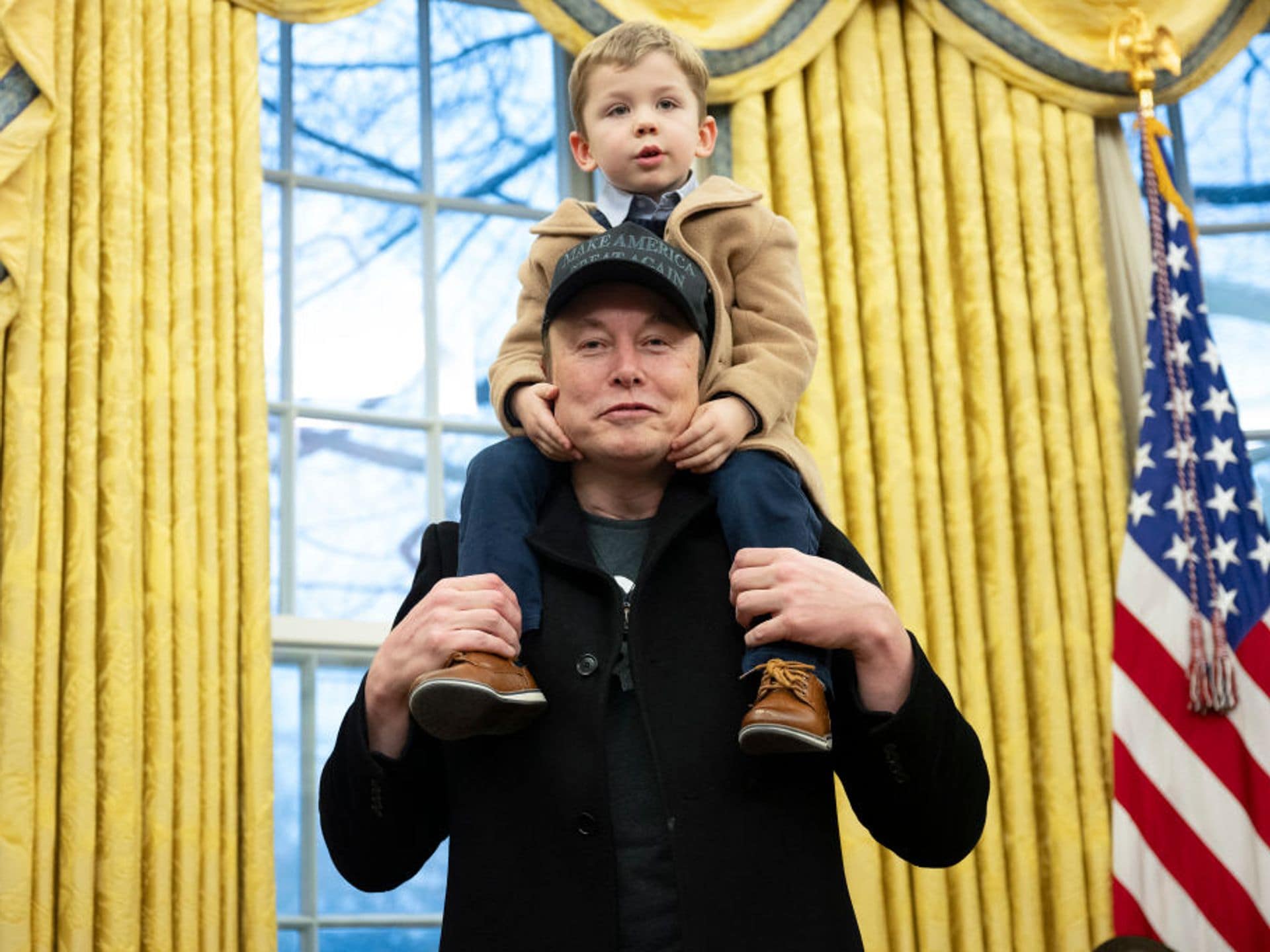
And make no mistake, Musk is not just a tech CEO anymore. Since his quiet political pivot, he has amassed unprecedented influence in Washington. He was gifted an official government position as the head of the Department of Government Efficiency (DOGE), a role that exists mostly to rubber-stamp layoffs and gut regulations.
It’s a job tailor-made for a man who sees public institutions as little more than inefficient obstacles to his own power. And from this perch, he’s helped orchestrate the removal of thousands of federal workers—some of them unionized, some of them veterans, most of them now unemployed.
That Musk can do this while publicly scoffing at the concept of social responsibility is maddening. His defenders say he’s a “genius,” that his accomplishments outweigh his vices. But what, exactly, are those accomplishments anymore? He didn’t invent electric cars—he bought Tesla.
He didn’t build reusable rockets—he bought engineers who did. And he didn’t create a self-sustaining Martian colony—he made a hat that said “Occupy Mars” and sold it online. Meanwhile, people are dying from lack of healthcare, parents are skipping meals to feed their kids, and young people face a future with fewer jobs, less support, and more surveillance.
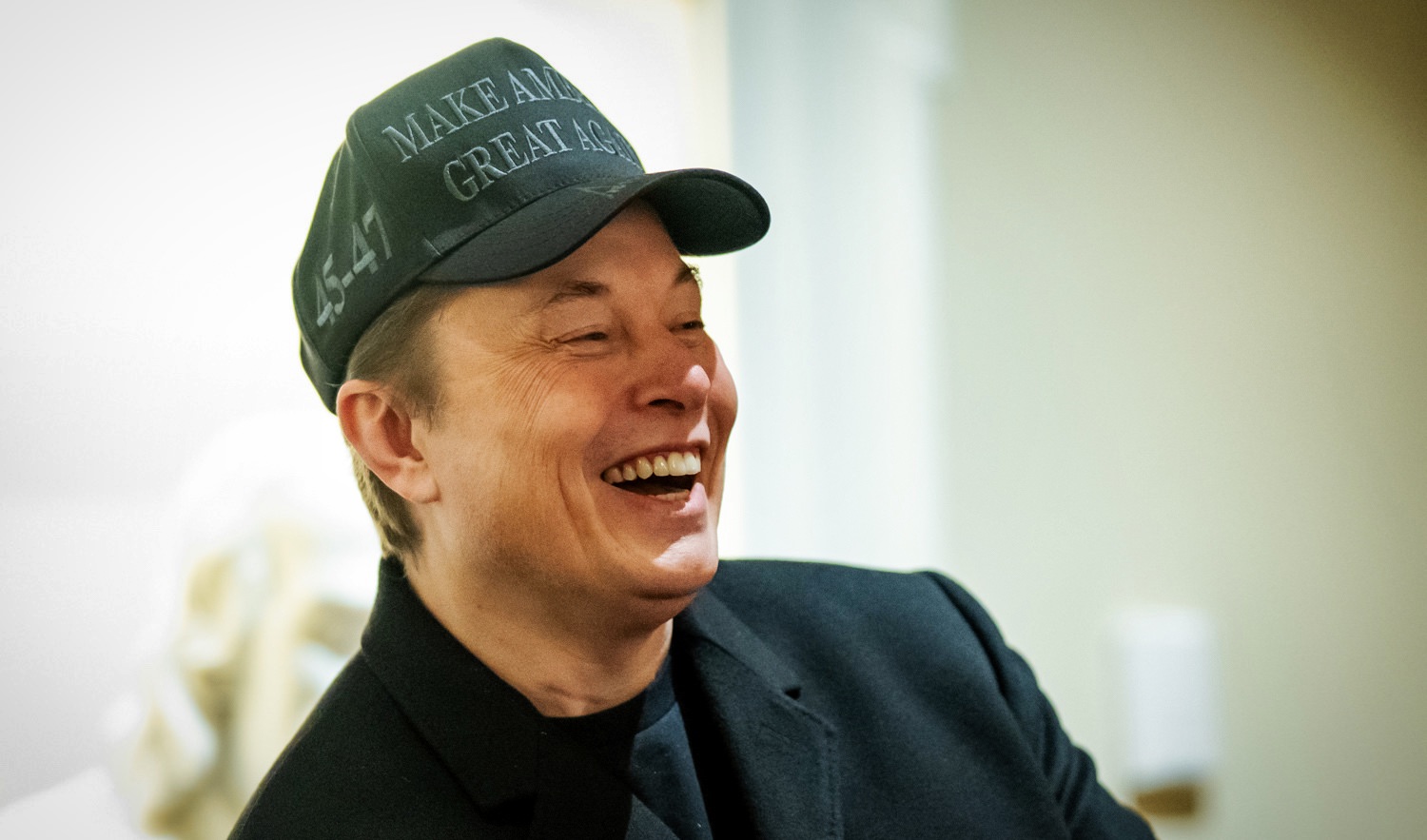
In many ways, Musk’s life is a microcosm of everything wrong with America’s current political economy: an addiction to spectacle, a disdain for the poor, a worship of wealth, and a complete disconnection from reality. He’s not just playing Diablo—he’s playing the whole system. And he’s winning.
But winning for how long? The tide is beginning to turn. Leaks from inside the White House suggest that even some senior officials are growing uncomfortable with Musk’s presence, calling his behavior “distracting” and “deeply unserious.”
Some aides have reportedly begun lobbying for his removal from the DOGE post, citing his poor attendance at briefings and inability to focus on anything for more than five minutes without checking a leaderboard.
The real question is whether the American people will wake up to the con Musk represents before it’s too late. For now, the man once hailed as a tech visionary remains comfortably seated in front of a giant screen, controller in hand, while the nation burns around him. Thirty-eight billion richer. And still losing at every game he plays.

